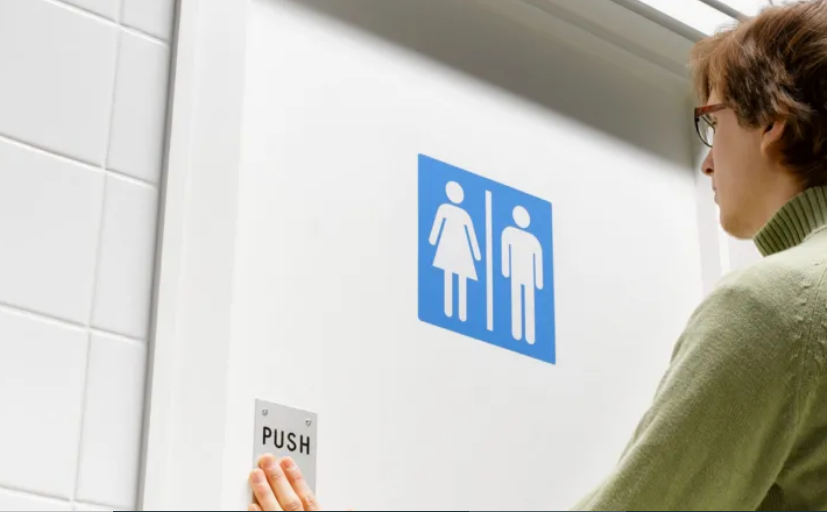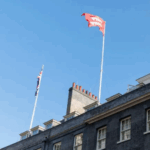The Equality and Human Rights Commission (EHRC) has released interim guidance to help organisations navigate the UK Supreme Court’s recent ruling that, under the law, “woman” and “sex” refer to biological sex rather than gender identity.
The guidance, published Friday, states that in settings such as hospitals, shops, and restaurants, trans women — defined as biological males who identify as female — should not be permitted to use women’s facilities. However, it stresses that trans individuals should not be left without access to any appropriate facilities.
The EHRC said the interim advice was necessary because “many people have questions about the judgment and what it means for them.” More detailed guidance on single-sex participation in competitive sports is expected to follow.
The Supreme Court ruling, delivered last week, clarified that even transgender individuals who possess a Gender Recognition Certificate (GRC) are not legally considered to have changed their biological sex under the 2010 Equality Act. Nonetheless, the Court also reaffirmed that transgender people remain protected from discrimination under the law.
According to the EHRC’s interpretation, “a trans woman is a biological man” and “a trans man is a biological woman” for the purposes of the Equality Act. The guidance also notes that, in some cases, trans men may be excluded from women’s spaces if their masculine appearance could prompt reasonable objections within a women-only service.
The commission advises that organisations should, where possible, provide mixed-sex facilities in addition to single-sex spaces to accommodate all users. It recommends options such as single-occupancy, lockable rooms rather than basic cubicles, particularly in businesses like cafés or small offices.
In schools, the EHRC says that pupils identifying as trans girls (biological boys) should not be allowed to use girls’ toilets or changing rooms, and vice versa for trans boys. Schools should instead provide alternative facilities.
For membership groups or associations with over 25 members, the guidance states that women-only or lesbian-only organisations should not admit trans women, while men-only or gay men-only associations should not admit trans men.
The EHRC emphasised that employers and service providers must comply with the law and seek specialist legal advice if necessary. A two-week consultation with stakeholders will be launched in May, and a full code of practice is expected to be presented to the government for approval by the end of June.
A government spokesperson welcomed the Supreme Court’s decision, saying it “brings clarity” and pledged to update policy to align with the new legal interpretation.

















